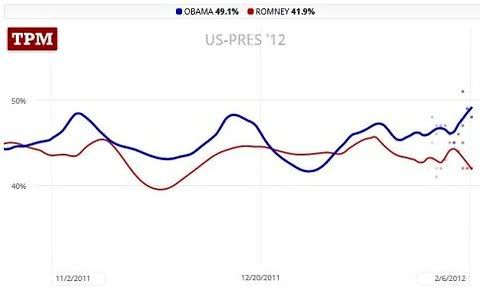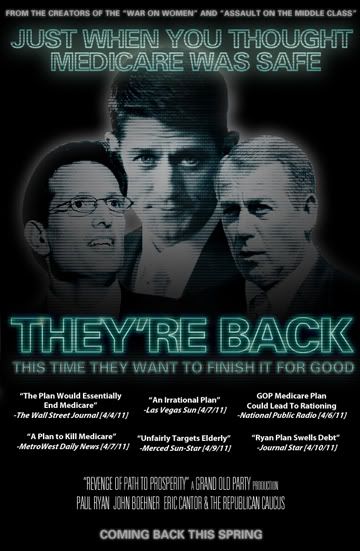Ben Bernanke: Growth now, deficit reduction later
Federal Reserve Chairman Ben Bernanke told legislators Tuesday that sharp spending cuts and tax increases scheduled to take effect in early 2013 could slow the recovery if federal officials do not take further action.
Despite the recent upturn in the jobs market, Bernanke acknowledged that “the pace of the recovery has been frustratingly slow” and
warned legislators against impeding near-term growth in the name of cutting the long-term deficit, reiterating arguments he made before the House Budget Committee last week.
In his testimony, Bernanke
described his modestly optimistic outlook for 2012, saying that Fed officials “expect somewhat stronger growth this year than in 2011.” According to last week’s
jobs report, the United Staters added 243,000 jobs in January, bringing the unemployment rate down to 8.3 percent, defying many forecasts. Bernanke singled out the revival of
manufacturing as a significant factor in leading the recovery. “US manufacturers have become increasingly competitive on global stage,” he said, crediting the country’s leadership in education, research, and technology.
But
Bernanke raised concerns that a sharp, immediate push to reduce the deficit could harm the recovery in the upcoming months. In January 2013, he pointed out, the Bush tax cuts will expire, and the major spending reductions triggered by the Budget Control Act will take effect, absent any further action by Congress. As a result, “there will be sharp change in fiscal stance of the federal government. Without compensating action, it would indeed slow the recovery,” Bernanke told the committee members.
However, Sen. Pete Sessions (R-Ala.), the highest-ranking Republican on the committee, pressed Bernanke to answer whether the country’s current deficit was itself holding back the recovery and discouraging key market players. “They’re not reacting to the current level of debt. What they’re attentive to is the process,” Bernanke said, pointing to the political dysfunction that lead to the Standard & Poor’s downgrade of the US credit rating last year.
Instead,
Bernanke recommended that legislators come up with a deficit reduction plan phased in over a longer period of time to reduce the risk of immediate shocks to a still-vulnerable economy while promoting a more sustainable fiscal path. “What we want to do is have a credible, strong plan so that the economy doesn’t hit a huge pothole,” he said.
Bernanke also defended the Fed’s policy of keeping interest rates at historically low levels. Last month, the Federal Open Market Committee
announced that it expected to keep interest rates at near zero through late 2014.
During the hearing, Republican senators raised concerns that the Fed’s strategy would lead to runaway inflation. Bernanke pointed out that inflation had remained relatively low throughout his tenure and expected that trend would continue. “Our projections are that inflation will be very subdued—probably below our 2 percent target in 2012 and 2013









